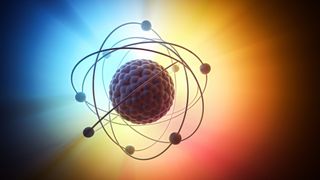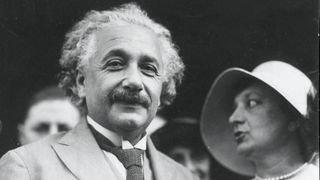Physics & mathematics
Explore Physics & Mathematics
Editor's Picks
Latest about Physics & Mathematics
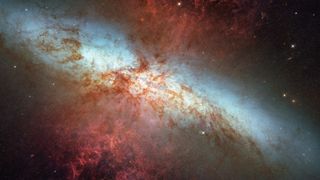
Mysterious 'unparticles' may be pushing the universe apart, new theoretical study suggests
By Andrey Feldman published
New theoretical research suggests that a mysterious form of matter called "unparticles" could be the driving force behind the expansion of the universe.
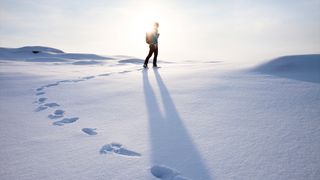
Why does snow squeak when you walk on it?
By Jennifer Nalewicki published
The science behind why snow crunches underfoot.
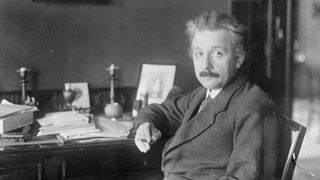
Albert Einstein: Biography, facts and impact on science
By Adam Mann last updated
A brief biography of Albert Einstein (March 14, 1879 - April 18, 1955), the scientist whose theories changed the way we think about the universe.
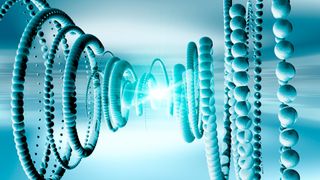
What's the fastest thing on Earth?
By Laurel Hamers published
Particles from space are constantly zooming into Earth. But which one is the speediest?

World's oldest known decimal point discovered in merchant's notes from 1440s Italy
By Stephanie Pappas published
Decimal points are at least 150 years older than historians thought, according to newly unearthed notes from Venetian merchant Giovanni Bianchini, who practiced astrology in the 1440s.
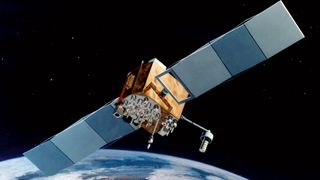
8 ways you can see Einstein's theory of relativity in real life
By Jesse Emspak last updated
Reference Relativity is one of the most famous scientific theories of the 20th century, but how well does it explain the things we see in our daily lives?
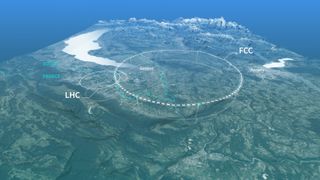
CERN proposes $17 billion particle smasher that would be 3 times bigger than the Large Hadron Collider
By Ben Turner published
CERN's proposed $17 billion particle collider would search for new and unknown physics, but it has drawn fire for its hefty price tag.
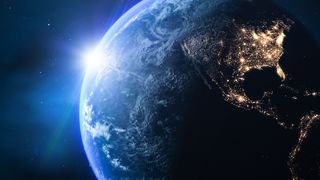
Why don't we feel Earth spinning?
By Ashley Hamer published
Earth moves around the sun at 67,000 mph and makes a full rotation once every 24 hours. So why can't we feel the Earth's rotation?
Sign up for the Live Science daily newsletter now
Get the world’s most fascinating discoveries delivered straight to your inbox.
